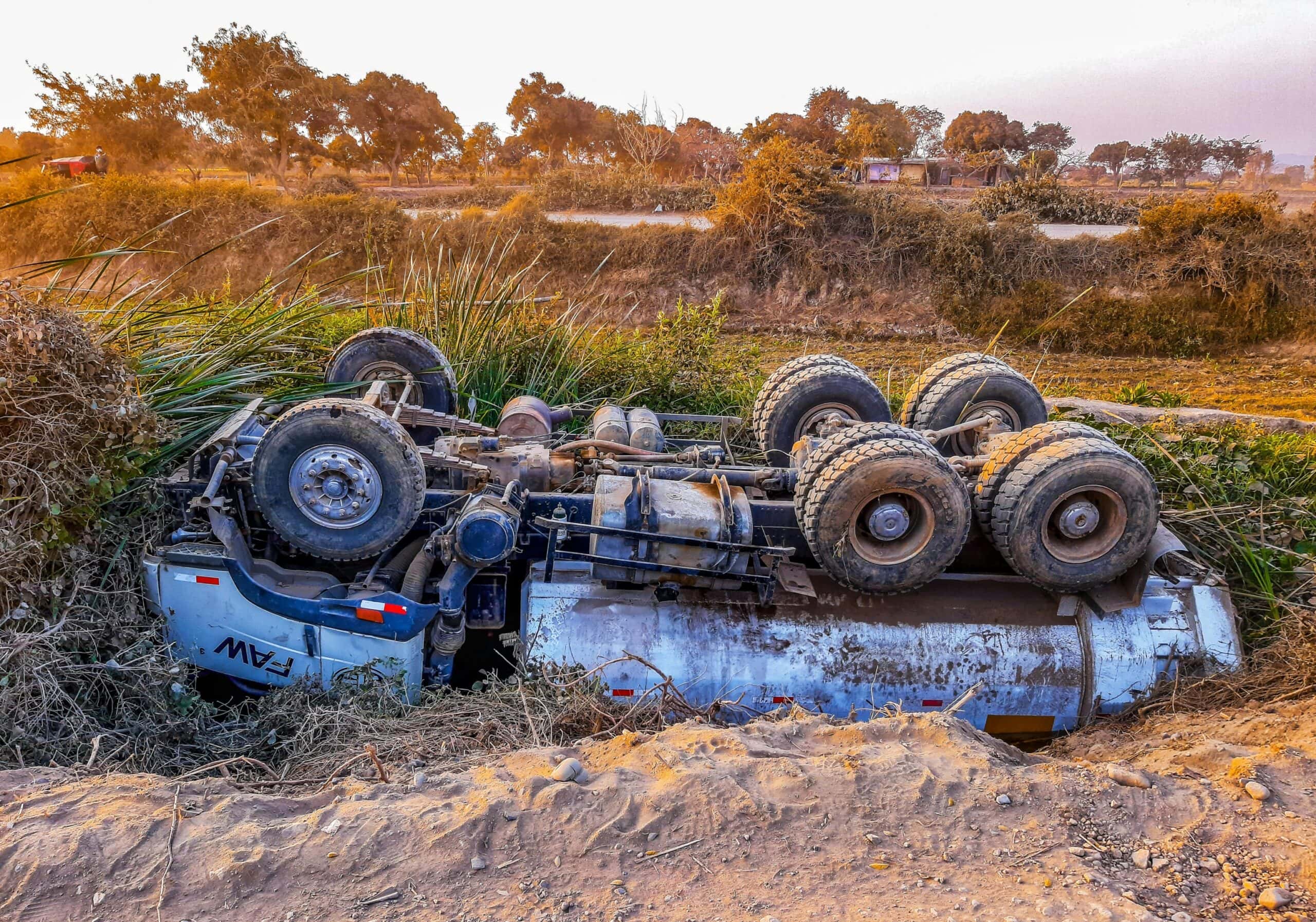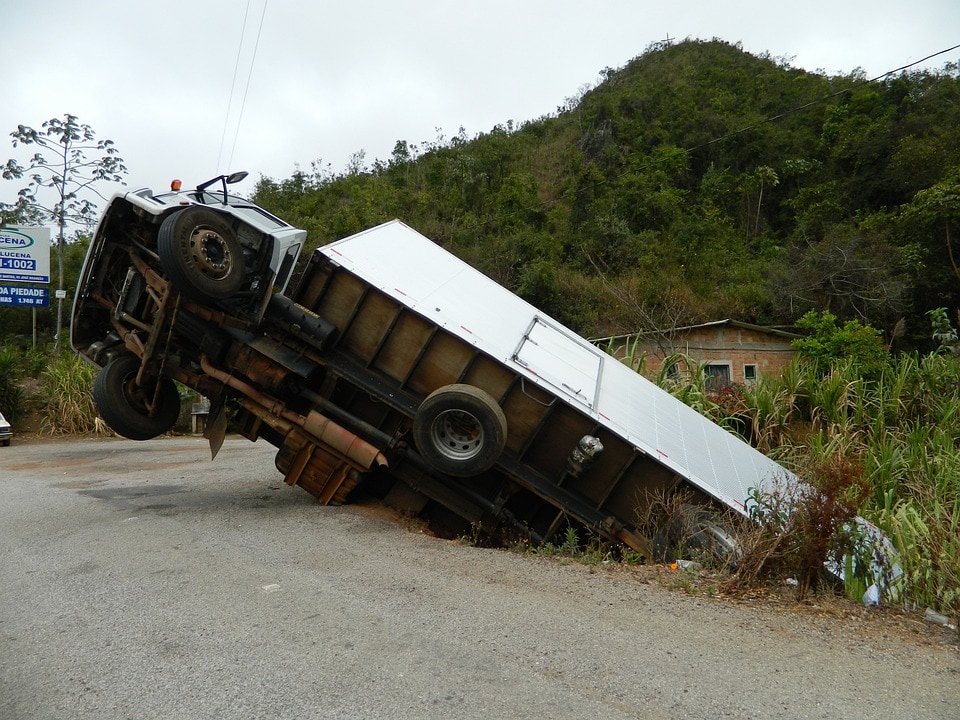Most people typically picture collisions involving huge delivery trucks, usually massive semi-trucks and huge box trucks, whenever the topic of accidents involving large trucks comes up. However, the U.S. Federal Motor Carrier Safety Administration (FMCSA) enforces numerous laws and regulations for semi-trucks, while only select box trucks must abide by these regulations.
More investigation is done when semi-trucks are involved in collisions. It is due to the FMCSA’s regulation of those trucks, which affects how liability is determined.
There are more chances for law enforcement, attorneys, and insurance companies to establish proof of negligence on the part of the truck owners, drivers, and businesses that employ the vehicles.
Box truck accidents may be handled similarly to semi-truck accidents or collisions involving passenger cars.
In this blog, we discuss the differences between box truck accidents not governed by FMCSA regulations and box truck accidents that are handled similarly to semi-truck accidents in Nevada.
Which Box Truck Accidents Are Not Subject to FMCSA Regulations?
Small box trucks, irrespective of their intended use, are frequently exempt from obtaining USDOT Numbers, which means that they are handled like regular vehicles in the event of an accident and are not subject to FMCSA regulations. Additionally, it’s typically optional for larger box trucks employed for local deliveries or moves to obtain USDOT Numbers.
For instance, the investigation into an accident involving a huge box truck driven by a person who rented it to transport their belongings across Nevada or even across the country is often handled similarly to the investigation into a collision between two vehicles.
However, the accident might be looked into more closely if the same large box truck is employed to move cargo from Nevada to California or other neighboring states, as the truck would be subject to FMCSA standards. It implies that, in this case, there are more opportunities to identify fault, whether with the driver, the business using the truck, or the business owning the truck.
Which Box Truck Accidents in Nevada Are Subject to FMCSA Regulations?
The length of a box truck can vary from ten to twenty-six feet. The average weight of a box truck ranges from 8,500 pounds for the smallest to up to or even over 26,000 pounds for the largest, which is the max load for ALL box vehicles that can be operated without a CDL. Almost all box trucks come into this group since FMCSA requirements may govern them if they weigh at least 10,000 pounds.
The mere fact that a box truck weighs or surpasses 10,000 lbs. does not obligate it or its driver to comply with FMCSA rules. Box trucks are only subject to those rules if employed for interstate trade, which implies they are frequently used for cross-state business transactions.
Therefore, the FMCSA standards may apply if you’re in a collision with a box truck used to deliver food, drinks, office equipment, household goods, and other retail or industrial goods, particularly across state borders.
How Can You Protect Your Rights After a Box Truck Accident in Nevada?
Accidents involving passenger cars and semi-trucks are frequently straightforward in that everyone engaged in those vehicles is immediately aware of their obligations concerning adhering to the law. Box trucks are unique since not all must abide by FMCSA safety rules.
Suppose you’re in a collision with a box truck. In that case, this judgment can significantly impact your claim. Without a knowledgeable Nevada truck accident lawyer on your side, you may not be able to identify the difference or file a claim for damages at all.
Contact the Nevada truck accident attorneys at Bourassa Law Group after a box truck collision that wasn’t your fault. To ensure that innocent victims receive the full compensation they are due, we are skilled at looking into all forms of truck accidents, including semi-truck and box truck accidents. Call us at (800)870-8910 for a free consultation!





